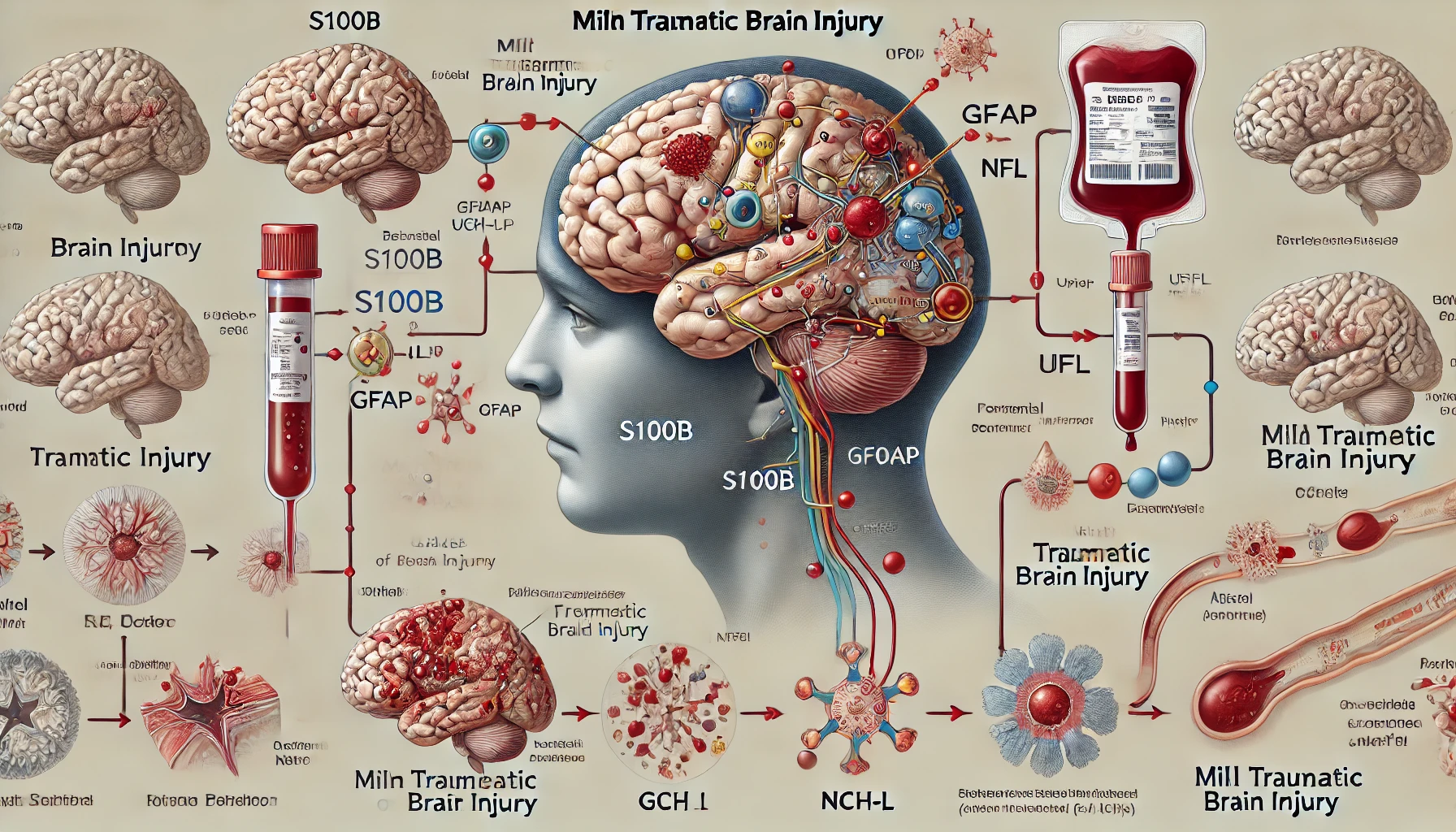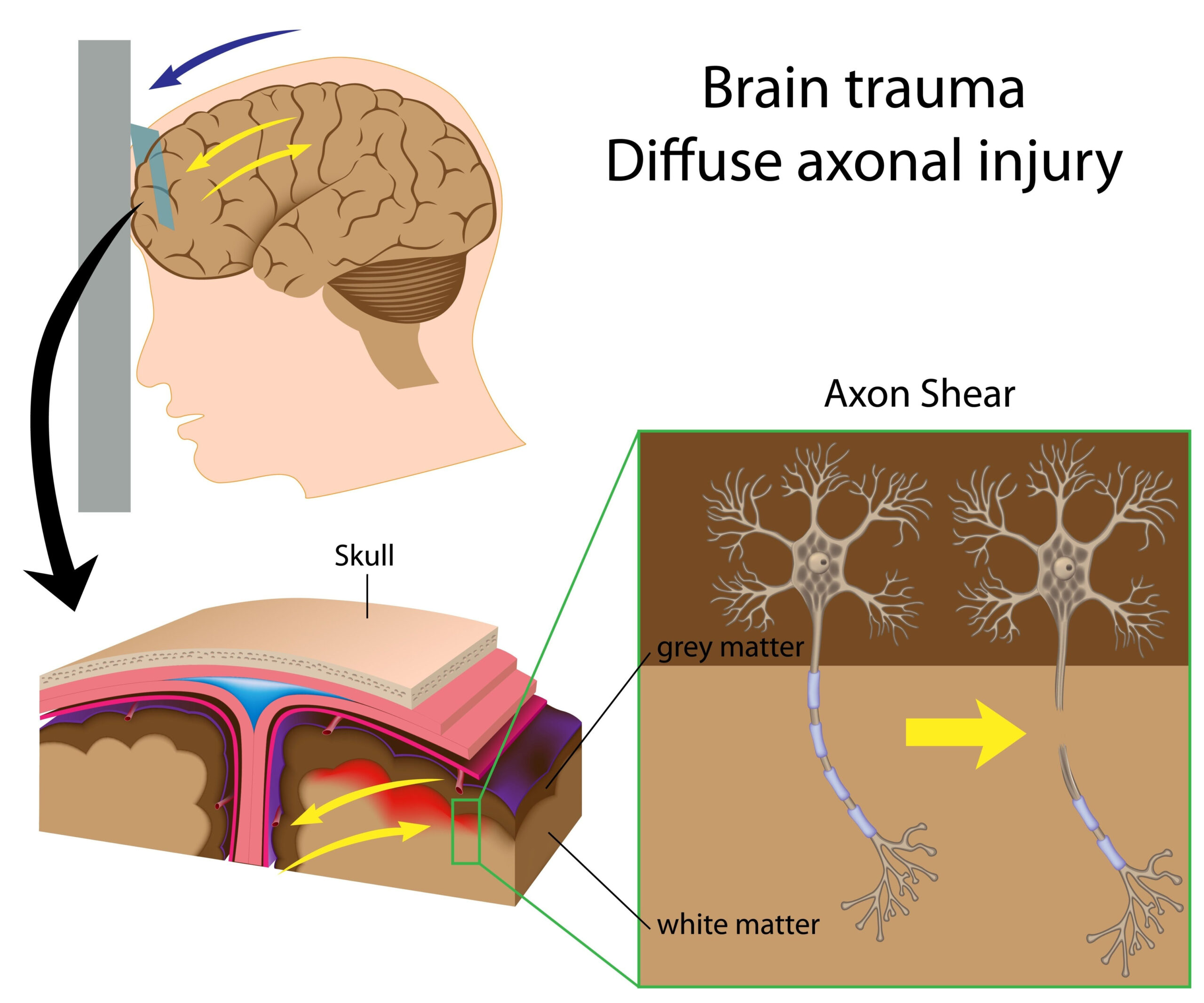Background and Objectives
The relationship between nutrition and cognitive health has garnered increasing attention in recent years, particularly as the global population ages and the incidence of dementia rises. Biotin, a water-soluble B vitamin, has emerged as a nutrient of interest due to its critical role in energy metabolism and its potential neurological benefits. Despite its importance, research exploring the direct links between dietary biotin intake and the risk of developing dementia, including Alzheimer’s disease, remains relatively limited.
Several studies have indicated that vitamins and minerals might play a protective role against cognitive decline, suggesting that deficiencies in certain nutrients could exacerbate the risk of neurodegenerative diseases. However, biotin has not been extensively studied in this context. This study aims to fill a gap in the existing literature by investigating the association between dietary biotin intake and the risk of dementia, with a particular focus on data derived from the extensive UK Biobank cohort.
The primary objective of this research is to determine whether higher levels of biotin in the diet are linked to a reduced risk of dementia among a large population. By employing a prospective study design, the research also aims to establish a temporal relationship between biotin intake and dementia onset, thereby providing stronger evidence for causative links. Moreover, this study seeks to elucidate potential mechanisms through which biotin may influence cognitive health, considering the complex interplay of nutritional factors in brain function.
The investigation not only seeks to enhance our understanding of dietary patterns related to dementia risk but also to contribute valuable insights that could influence dietary recommendations and public health strategies aimed at reducing the burden of dementia in aging populations.
Research Design and Participants
This study utilized a prospective cohort design to analyze the relationship between dietary biotin intake and the risk of dementia, leveraging the extensive data collected from the UK Biobank. The UK Biobank is a large-scale biomedical database that includes genetic, lifestyle, and health information from over 500,000 participants across the United Kingdom, making it an ideal resource for investigating complex health questions such as the one addressed in this research.
Participants in the study were individuals aged 40 to 69 years at the time of enrollment, providing a diverse demographic with a range of dietary practices and health backgrounds. Among this cohort, a subset of 122,959 participants was selected based on the availability of comprehensive dietary data, alongside relevant health outcome information, including the onset of dementia and other neurodegenerative conditions.
Dietary biotin intake was assessed using a validated food frequency questionnaire (FFQ), which collected detailed information on the frequency and portion sizes of food consumed over the past year. This method allowed researchers to estimate each participant’s average daily biotin intake, taking into account the varied sources of biotin-rich foods, such as eggs, nuts, and certain vegetables. The assessment of dietary intake was complemented by data on other potential confounding variables, including age, sex, socioeconomic status, physical activity levels, body mass index (BMI), and comorbid health conditions.
The follow-up period for participants extended several years, allowing for the monitoring of health outcomes and the identification of new cases of dementia. The primary endpoint was the diagnosis of any form of dementia, with secondary analyses focusing specifically on Alzheimer’s disease. Diagnoses were ascertained through linkage to national health records, ensuring accurate identification based on established clinical criteria.
To enhance the robustness of findings, statistical techniques were employed to control for confounding factors and to account for potential biases. Cox proportional hazards models were primarily used to investigate the relationship between biotin intake and dementia risk, with adjustments made for various lifestyle and demographic factors. By analyzing data over time, the study aimed to elucidate not only correlations but also potential causative relationships between biotin consumption and cognitive decline.
This rigorous methodological framework provided a comprehensive analysis of how dietary biotin may correlate with dementia risk, setting the stage for findings that could inform public health initiatives and dietary guidelines. The large sample size and extensive follow-up enhance the reliability and validity of the research, ultimately contributing to a greater understanding of the role of nutrition in brain health.
Results and Interpretation
The results of the study revealed a significant association between dietary biotin intake and the risk of developing dementia, including Alzheimer’s disease, among the large UK Biobank cohort. Participants who reported higher intakes of biotin exhibited a notably lower incidence of dementia compared to those with lower biotin consumption. This finding was consistent across various demographic groups, indicating that the potential protective effect of biotin may be widespread rather than limited to specific populations.
Statistical analyses using Cox proportional hazards models demonstrated that after adjusting for various confounding factors such as age, sex, and lifestyle variables, higher dietary biotin intake remained significantly associated with reduced dementia risk. Specifically, those in the highest quartile of biotin consumption had approximately 20% lower odds of developing dementia compared to those in the lowest quartile. Notably, this association was more pronounced for Alzheimer’s disease, where higher biotin intake correlated with a 25% reduction in risk.
The analysis also considered the influence of other nutrient intakes, finding that biotin’s association with dementia risk was independent of other B vitamins and nutrients often discussed in relation to cognitive health. This suggests that biotin may have unique mechanisms contributing to neurological health. Biotin, known to play a role in the synthesis of fatty acids and glucose metabolism, is thought to influence myelin formation and energy production in neurons, which are crucial for maintaining cognitive function.
Furthermore, subgroup analyses indicated that the protective effects of biotin were consistent across different levels of physical activity and varying body mass index (BMI), bolstering the argument for biotin’s role in cognitive health independent of overall lifestyle. However, some variations were observed; for instance, the association appeared slightly stronger in individuals with pre-existing conditions such as diabetes or hypertension, suggesting that biotin may be particularly beneficial for populations at higher risk for cognitive decline.
Importantly, the study did account for potential limitations, including reliance on self-reported dietary data, which while validated, may still introduce measurement error. Nonetheless, the extensive sample size and longitudinal design lend considerable strength to the findings. The overall evidence supports the hypothesis that adequate biotin intake is associated with a lower risk of dementia, advocating for further research to explore both the mechanisms at play and the potential for biotin-focused dietary interventions. Given the rising global prevalence of dementia, such insights could have significant implications for public health initiatives aimed at promoting brain health through nutrition.
Future Directions and Recommendations
Given the promising findings of the association between dietary biotin intake and dementia risk, including Alzheimer’s disease, several avenues for future research and public health recommendations emerge from this study. One of the primary directions is the need for further exploration into the biological mechanisms underlying the observed relationship. Understanding how biotin influences neuronal health at a molecular level could inform targeted interventions and dietary guidelines. Research could focus on the role of biotin in mitochondrial function, neural signaling pathways, and its impact on neuroinflammation, which could elucidate its protective effects against cognitive decline.
In addition to investigating the mechanisms, longitudinal studies with diverse populations would be beneficial to confirm the findings across different demographic groups. While this research utilized a robust cohort from the UK Biobank, assessing biotin intake and dementia risk in various ethnic and socioeconomic populations would provide a more comprehensive understanding of how cultural dietary patterns influence cognitive health. Such studies should also seek to include a wider age range to assess biotin’s impact over longer spans of life and in different developmental contexts.
Moreover, prospective interventional studies are warranted to evaluate whether increasing biotin intake through dietary changes or supplementation has a tangible effect on cognitive function and the onset of dementia. These trials could focus on older adults, particularly those at higher risk due to age-related factors or pre-existing health conditions. Findings could pave the way for biotin-rich dietary recommendations, advocating for foods such as eggs, nuts, and avocados, which are not only sources of biotin but also contain other nutrients beneficial for brain health.
Public health initiatives could also leverage these insights to develop programs that raise awareness about the importance of nutrition in cognitive health. Educational campaigns highlighting foods high in biotin and their potential benefits could help individuals make informed dietary choices. Additionally, incorporating dietary assessments and counseling into annual health check-ups, especially for older adults, could facilitate monitoring of nutrient intake, including biotin, ensuring that individuals are informed about their dietary needs as they age.
Collaboration between researchers, healthcare providers, and policymakers is essential to translate these findings into practice. Formulating guidelines that consider biotin intake as part of a holistic approach to diet and cognitive health could be instrumental in mitigating the risks of dementia, especially in aging populations. As the global burden of dementia continues to rise, these future research directions and recommendations hold significant promise in enhancing the understanding and management of cognitive decline through nutritional strategies.


